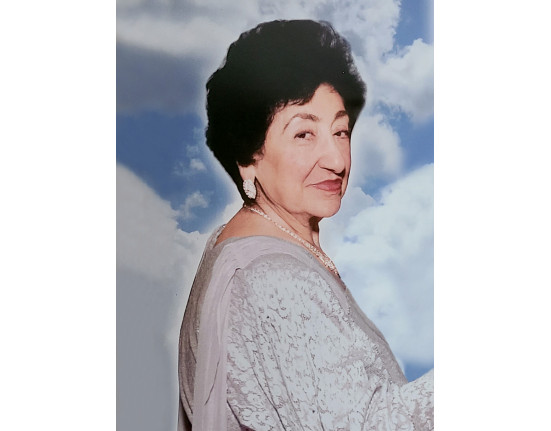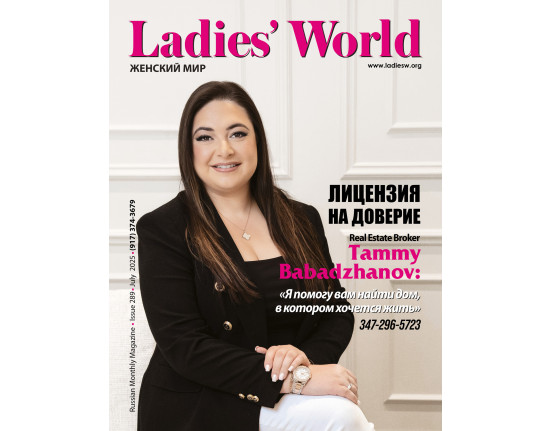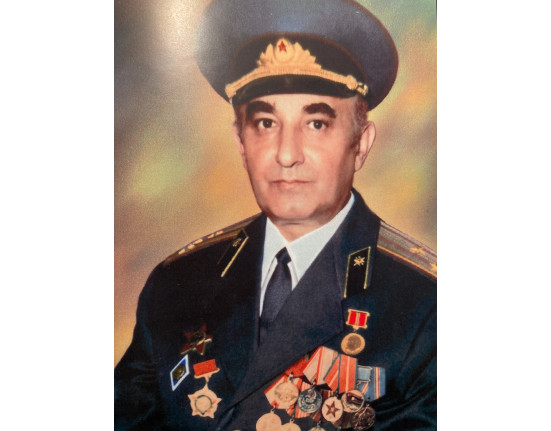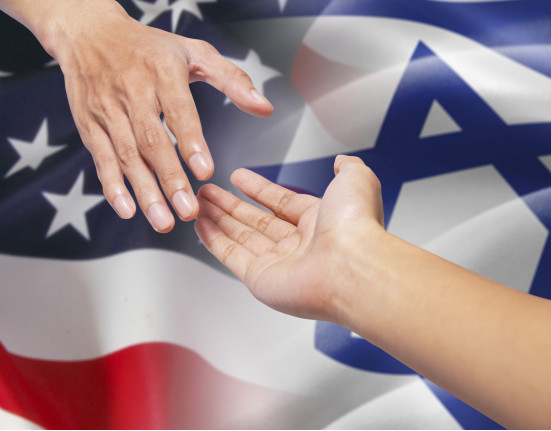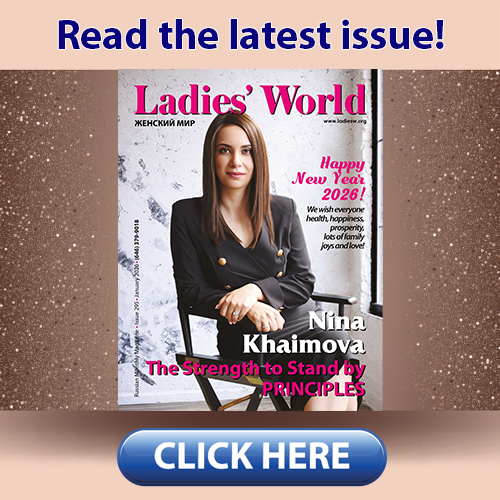Каждый из
нас, приехав в США,
неоднократно слышал о трех
постулатах, столь важных в нашей
иммигрантской жизни: Кто мы? Откуда
мы родом? Куда мы движемся? Слава Б-гу, с первыми
двумя справились. Знаем, что мы бухарские евреи.
Знаем и свою историю, благо
книг на эту тему множество.
Знаем, откуда мы родом. И с традициями нет проблем – все они соблюдаются и отмечаются, и
даже с большей приверженностью, чем когда-либо.
Но вот на вопрос «Куда мы движемся?» порой
очень непросто ответить, особенно
когда это касается отношения к женщине в нашей общине.
Излишне напоминать, что
современные бухарские женщины,
в отличие от прародительниц, давным-давно доказали свою состоятельность не только
как хранительниц домашнего
очага. В большинстве своем они
получили хорошее образование,
успешны в карьере, наделены
умом и мудростью. Среди них
много врачей, адвокатов,
учителей, писателей, ученых, деятелей культуры и
искусства и так далее. И достигли
они этих высот в странах мусульманского Востока
– Узбекистане и Таджикистане, –
где тысячелетиями велась
борьба со средневековым мракобесием, унижающим женщин. Великим достижением этой
борьбы стало достойное равноправие
женщин в цивилизованном
мусульманском мире.
И что же теперь? Приехав в
США, в центр мировой цивилизации,
нас, женщин, некоторые пытаются
столкнуть с дороги прогресса на
обочину жизни, как сотни лет
тому назад, и вернуть к чужеродным
традициям, заимствованным у дикого мусульманского окружения. Яркий пример этому
– желание отдельных наделенных
властью представителей нашей общины, а в последнее время и даже местных медиа,
запретить женщинам делиться
на поминках своими
воспоминаниями об ушедшем в мир иной. При этом их
не смущает, что зачастую даже наиболее глупые и косноязычные из мужчин не
лишены права голоса на этих скорбных
встречах. Они раздражают длинными пустыми речами семью усопшего и гостей,
пришедших выразить
соболезнование, при этом они любуются своим «красноречием».
Да, в далекие времена тризна была мужским
делом: только воины пили, пели и
говорили в память о павших
собратьях. Но сегодня?! Печально и
постыдно ныне, в Соединенных Штатах Америки,
в XXI веке подчиняться диким
мусульманским законам.
Создается впечатление, что сегодня нас пытаются
одеть в невидимую паранджу...
Тема эта старая, она то появляется
в прессе, то исчезает. Но она
постоянно находится в поле зрения
здравомыслящих людей.
Я не помню, чтобы в
современном Душанбе, даже в очень религиозных семьях, разбирался бы
вопрос, можно ли женщине
говорить на поминках или петь, и мне ни разу
не «посчастливилось» встретить такой унизительный шаг со стороны религиозных
деятелей.
А вообще, если говорить в
целом о наших обрядах в минуты горя, то не
кажется ли вам, дорогие читатели, что истинное горе – это тихое горе и очень-очень
личное? А потому, душераздирающе
крикливые плакальщицы, добавляющие
боль в истерзанные души, – это тоже дань дикому прошлому, а пышные поминки,
доходящие до абсурдно шумного
застолья! это ханжество
сегодняшнего дня, не отражающее истинного горя. Не случайно все больше современных
семей проводят день памяти любимых в кругу семьи
и самых близких, где каждый
желающий может поделиться своими теплыми воспоминаниями, что очень полезно,
кстати, для воспитания
подрастающего поколения.
А что вы думаете обо всем
этом?
Главный редактор доктор Зоя Максумова
(Октябрь 2009,
"Женский Мир" №101)









